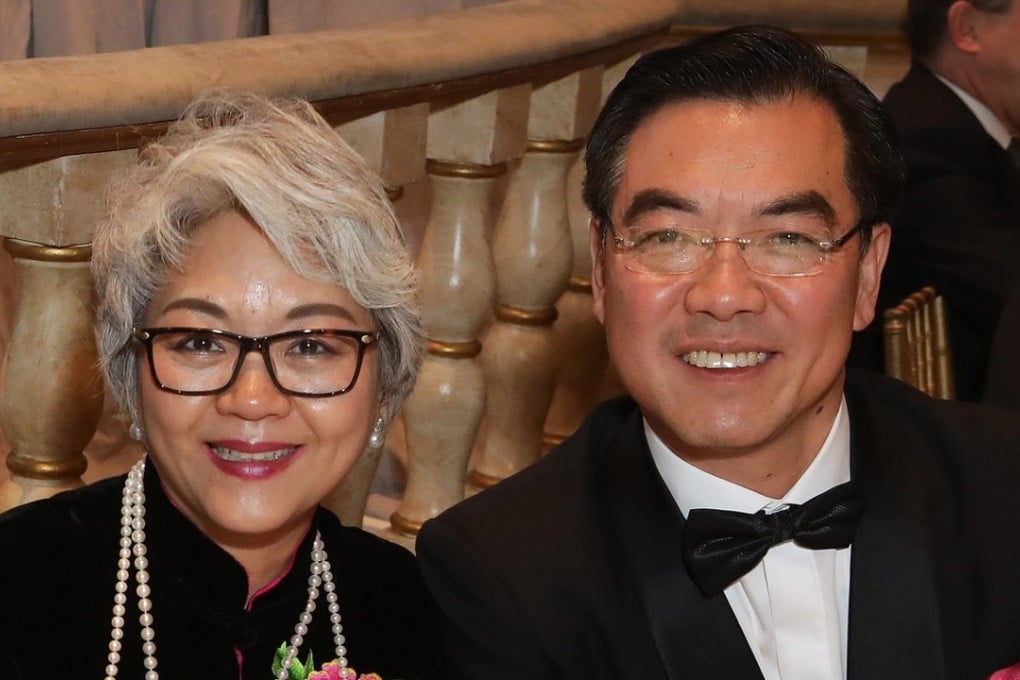In ‘time of crisis’, China breaks with tradition with New York consul general Huang Ping – surprising even him
- Huang says he was not expecting ‘they would send me back again’
- In tense times, China needs all the US expertise it can muster, one analyst suggests

China’s new New York-based consul general is more surprised than anyone to be posted back in the US for a third time.
“I said ‘What? I haven’t finished my term here,’” consul general Huang Ping recounted at a couple of high-profile events in New York this week, referring to the orders he received from his superiors in the Chinese government while still in his posting as ambassador to Zimbabwe.
“I asked, why are you sending me to the United States again, especially at this time?” Huang told those attending the China Institute’s annual gala at the opulent Fifth Avenue hotel, The Pierre, on Wednesday evening, sparking laughter from the room full of attendees dressed in tuxedos or glittering designer gowns.
The China Institute is a member-based, non-profit organisation with a mandate to run programmes aimed at strengthening America’s understanding of the country.
“I was not expecting that they would send me back again because in my system, America is a place lots of people want to come to,” Huang added. “If you have served twice, it’s better you serve somewhere else.”
Huang, who had served as a visa officer in Washington from 1988 to 1990 and as consul general in Chicago from 2008 to 2010, repeated the anecdote the next evening at China’s New York Consulate on the western edge of midtown Manhattan.